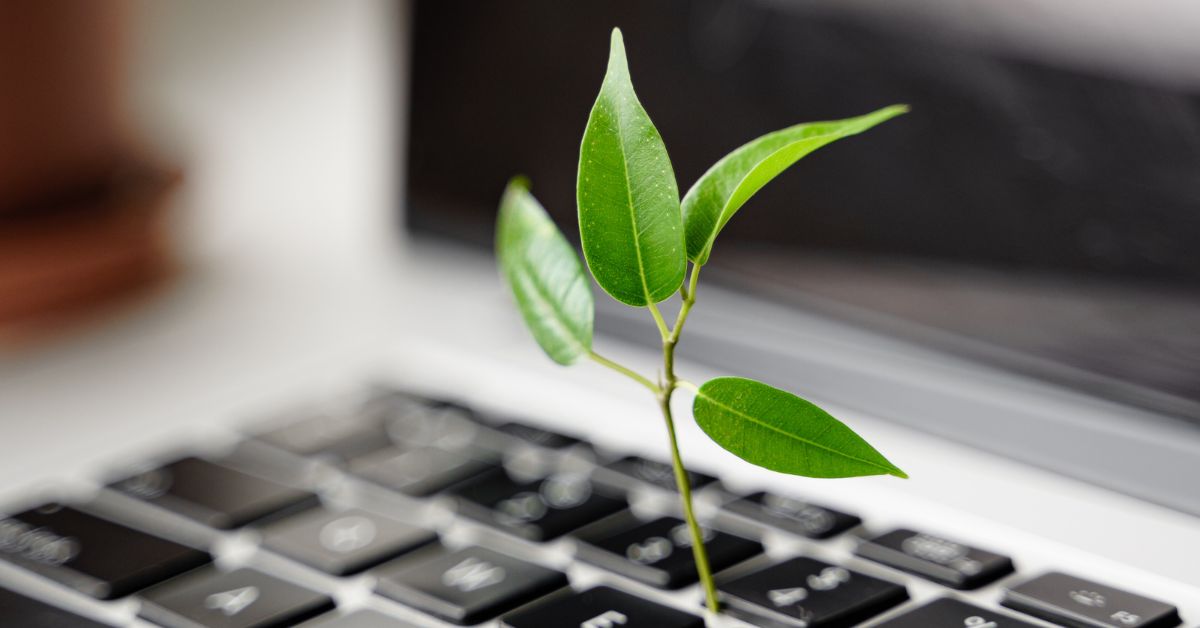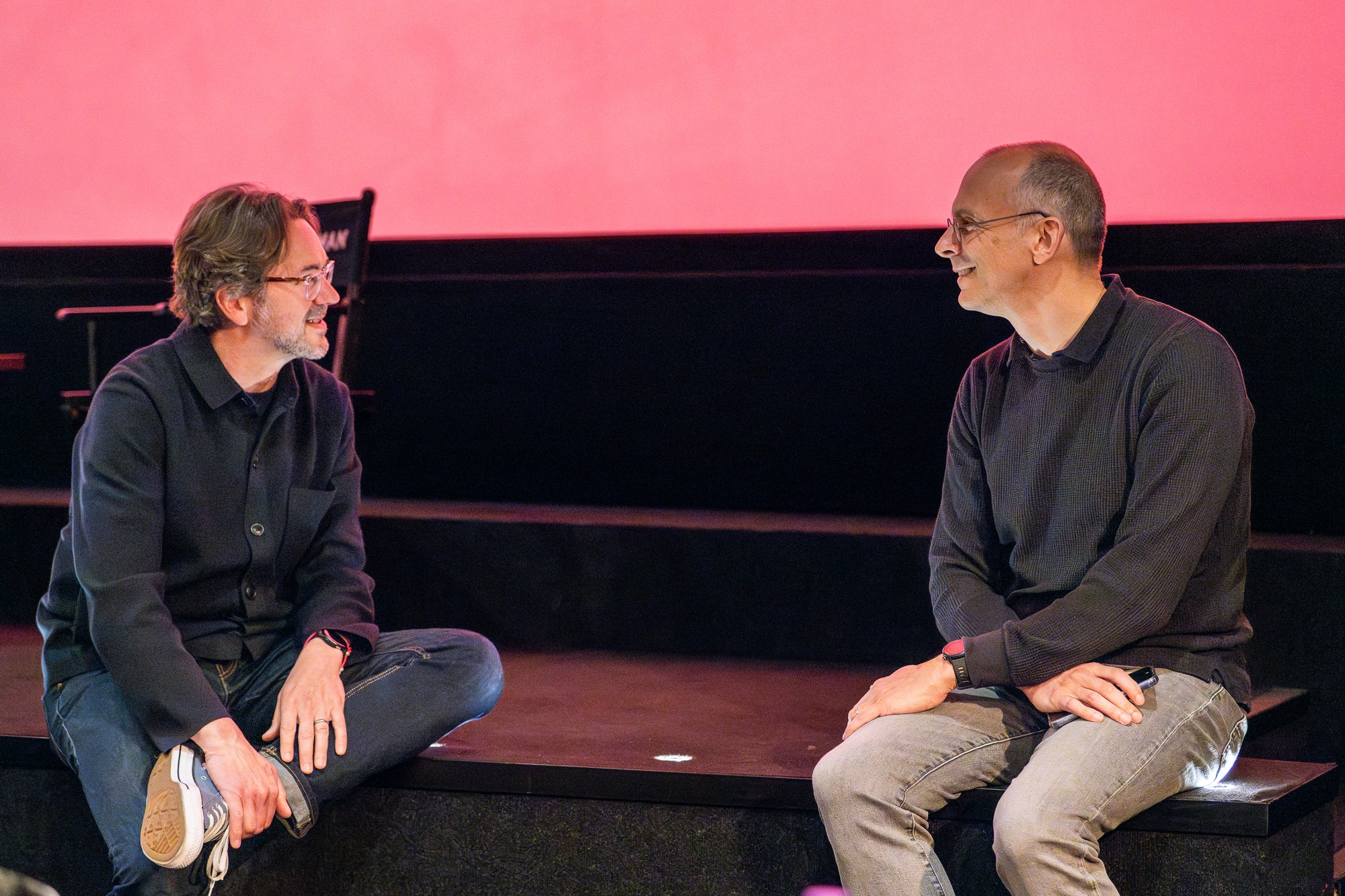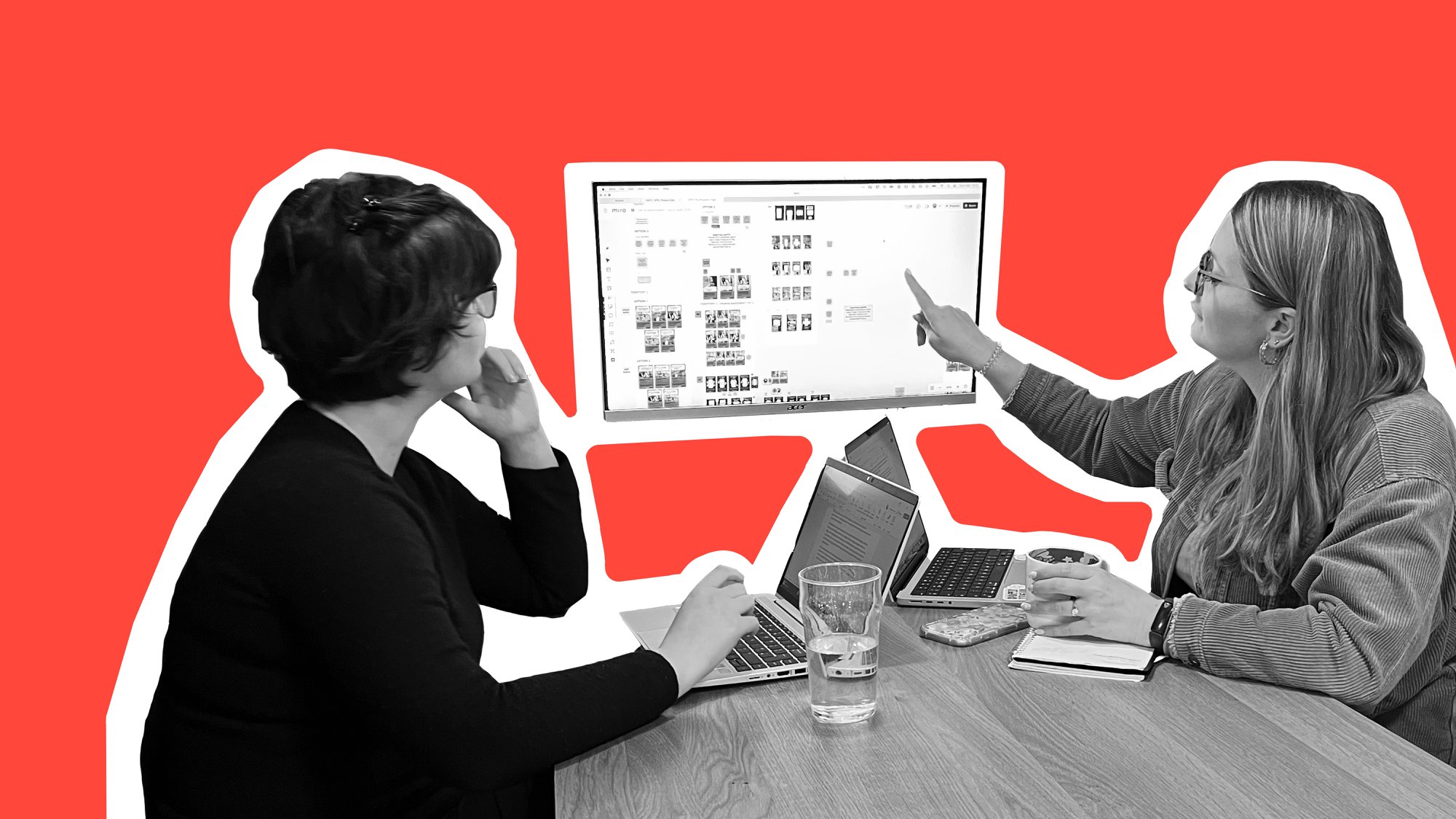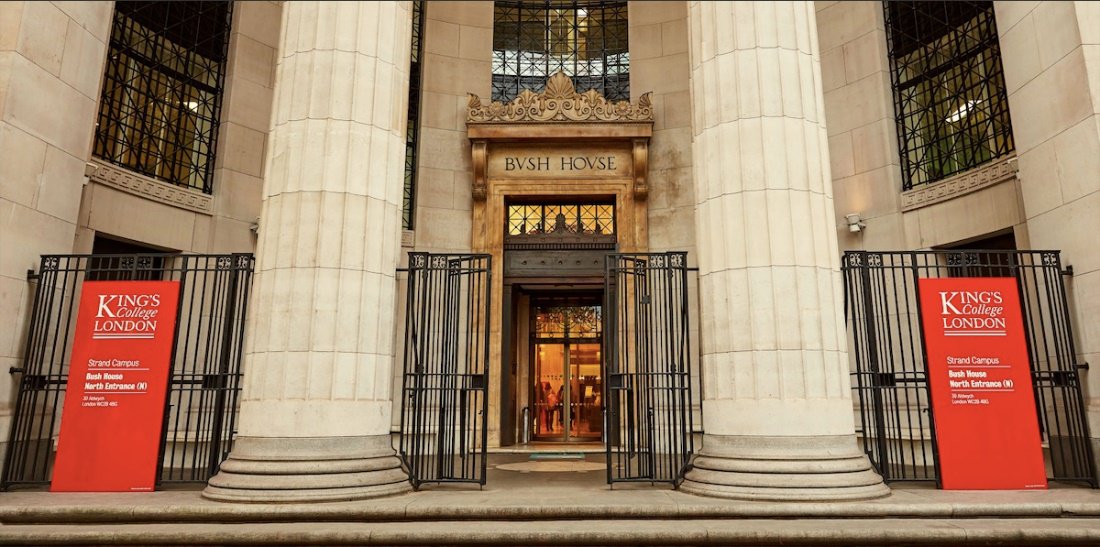The Mayor’s Business Climate Challenge

Many businesses are aware of the impact they have on the environment, but, perhaps like us, are not fully equipped to reduce carbon output efficiently.
At The Team, there’s a need and want to be more sustainable.
However, the road to carbon reduction can be long and winding, and, with so much data to gather and assemble, working out how to reduce carbon emissions can be confusing.
Better Bankside is partnered with The Mayor’s Business Climate Challenge (BCC) and encourages 40 local Southbank businesses of mid-size to take part in the programme.
Keen to be involved, I enrolled The Team, and after supplying various pieces of historical energy data, we were accepted into their 2023 cohort.
What’s the aim of the business climate challenge?
The BCC programme aims to reduce each participating company’s carbon output by 10% in a year, and with this commitment they offer bespoke guidance on how to achieve it.
So far, I’ve been introduced to a variety of perks as part of the BCC – one of which is a handy digital platform where I can log The Team’s monthly energy data.
For someone who is not best pals with numbers, it’s a very intuitive and helpful webpage that turns your monthly data into easy-to-understand graphs without any hassle.
What a relief!
The team at the BCC introduced me to the Bikes for Business scheme, and we now have a new fruit and veg supplier, a new catering company and office supplier that all deliver by cargo bike!
When thinking about reducing our carbon emissions, it’s sometimes easy to forget about our suppliers and how they impact us. By switching to more sustainable suppliers for our office needs, we’re already reducing our output.
I’ve received many helpful pieces of guidance both via email and in person at the BCC workshops. Sometimes it’s as simple as switching from using a kettle to installing a hot water tap, or making sure to remind your colleagues to switch the lights off when they leave a meeting room.
These actions may seem simple and small, but they rely on communication and a group concern for positive change. Striving towards a wholly sustainable outlook and approach depends on the people you work with.

At The Team, sharing values and working together underpins our company ethos. It’s beneficial to share updates on the BCC with colleagues, not only to raise awareness of the programme, but also as many elements of the BCC overlap and inform other efforts.
In a recent blog, our Experience Design Director Kardo Ayoub, discussed the importance of brand sustainability from a digital perspective, along with ways to improve your website’s carbon footprint.
Digital sustainability isn’t necessarily the first thing we consider when thinking about reducing carbon. I generally think about paper reduction or cycling instead of driving, but our digital outputs can impact our carbon emissions significantly.
We’ve made various commitments to reducing our carbon output, such as steps towards a carbon reduction plan, our commitment to the IS014001 yearly sustainability audit, and our profile on EcoVadis which allows us to track the sustainability of other businesses as well as our own.
The BCC is a great incentive, helping us to make informed progress in our carbon reduction journey by encouraging us to share our discoveries and goals with like-minded businesses and to keep asking questions and challenging ourselves.





